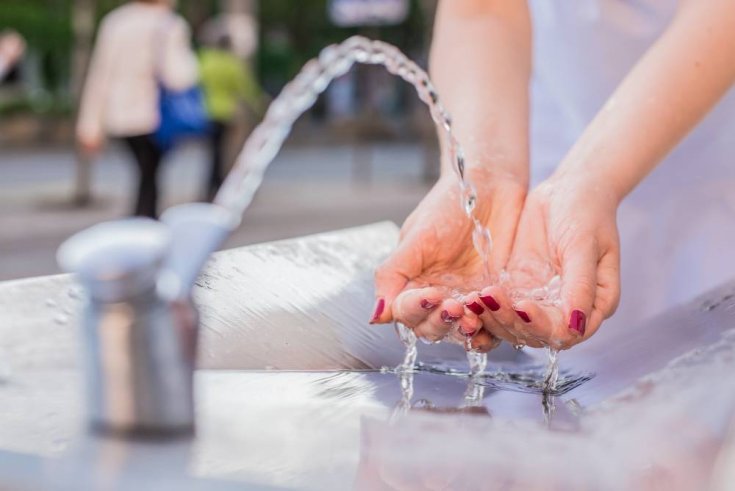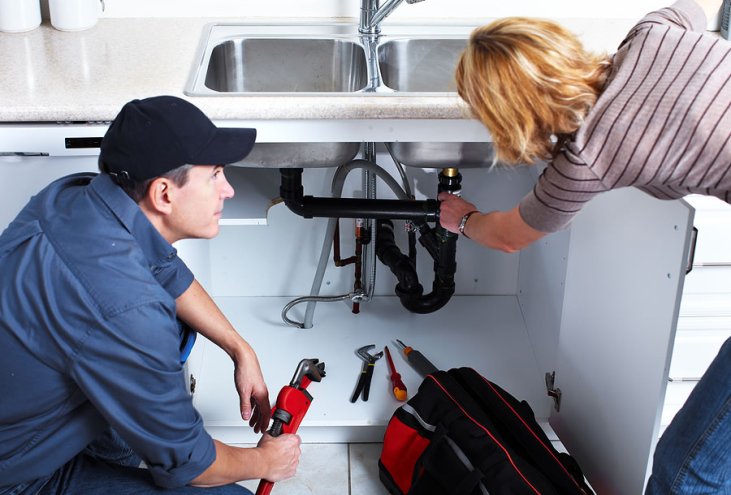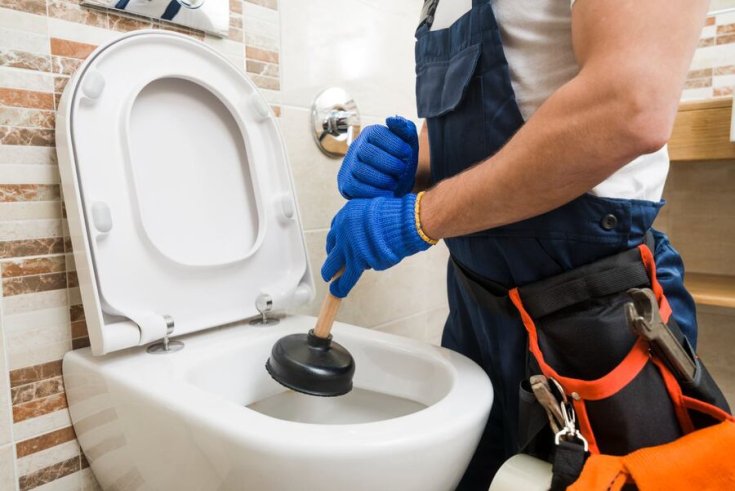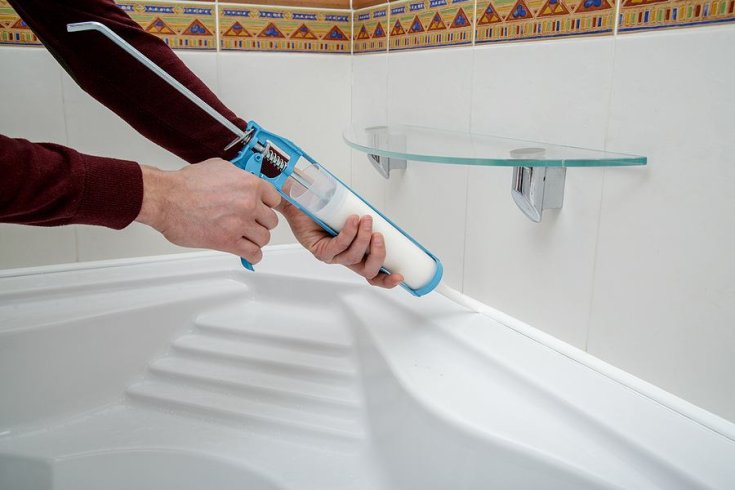- Home
- About Us
- Plumbing Service
- Commercial Service
- Drain Cleaning
- Water Line Replacement
- Plumbing Repair
- Sewer Repair
- Leak Detection
- Pipe Repair
- Toilet Replacement
- Water Heater Replacement
- Gas Line Repair
- Sump Pump Replacement
- Gas Line Repair in Del Rio, FL
- Gas Line Repair in Egypt Lake-Leto, FL
- Gas Line Repair in Fish Hawk, FL
- Gas Line Repair in Gandy, FL
- Gas Line Repair in Gibsonton, FL
- Drain Cleaning
- Sewer Repair
- Service Areas
- Apollo Beach, FL
- Balm, FL
- Bloomingdale, FL
- Brandon, FL
- Citrus Park, FL
- Del Rio, FL
- Egypt Lake-Leto, FL
- Fish Hawk, FL
- Gandy, FL
- Gibsonton, FL
- Greater Carrollwood, FL
- Greater Northdale, FL
- Lake Magdalene, FL
- Lealman, FL
- Pinellas Park, FL
- Plant City, FL
- Riverview, FL
- Ruskin, FL
- Seffner, FL
- St. Petersburg, FL
- Sun City Center, FL
- Tampa, FL
- Temple Terrace, FL
- Thonotosassa, FL
- Town 'n' Country, FL
- University, FL
- Valrico, FL
- Westchase, FL
- Ybor City, FL
- Blog
- Reviews
- Coupons
- FAQ
- Contact Us
Call This Thursday to Get $35 Off
Sunshine Plumbers Offers Emergency Residential & Commercial Plumbing Services. Hire a Plumber Now.
- Home
- About Us
-
Plumbing Service
- Commercial Service
- Drain Cleaning
- Water Line Replacement
- Plumbing Repair
- Sewer Repair
- Leak Detection
- Pipe Repair
- Toilet Replacement
- Water Heater Replacement
- Gas Line Repair
- Sump Pump Replacement
- Gas Line Repair in Del Rio, FL
- Gas Line Repair in Egypt Lake-Leto, FL
- Gas Line Repair in Fish Hawk, FL
- Gas Line Repair in Gandy, FL
- Gas Line Repair in Gibsonton, FL
- Drain Cleaning
- Sewer Repair
- Blog
- Service Areas
- Apollo Beach, FL
- Balm, FL
- Bloomingdale, FL
- Brandon, FL
- Citrus Park, FL
- Del Rio, FL
- Egypt Lake-Leto, FL
- Fish Hawk, FL
- Gandy, FL
- Gibsonton, FL
- Greater Carrollwood, FL
- Greater Northdale, FL
- Lake Magdalene, FL
- Lealman, FL
- Pinellas Park, FL
- Plant City, FL
- Riverview, FL
- Ruskin, FL
- Seffner, FL
- St. Petersburg, FL
- Sun City Center, FL
- Tampa, FL
- Temple Terrace, FL
- Thonotosassa, FL
- Town 'n' Country, FL
- University, FL
- Valrico, FL
- Westchase, FL
- Ybor City, FL
- Reviews
- Coupons
- Contact






